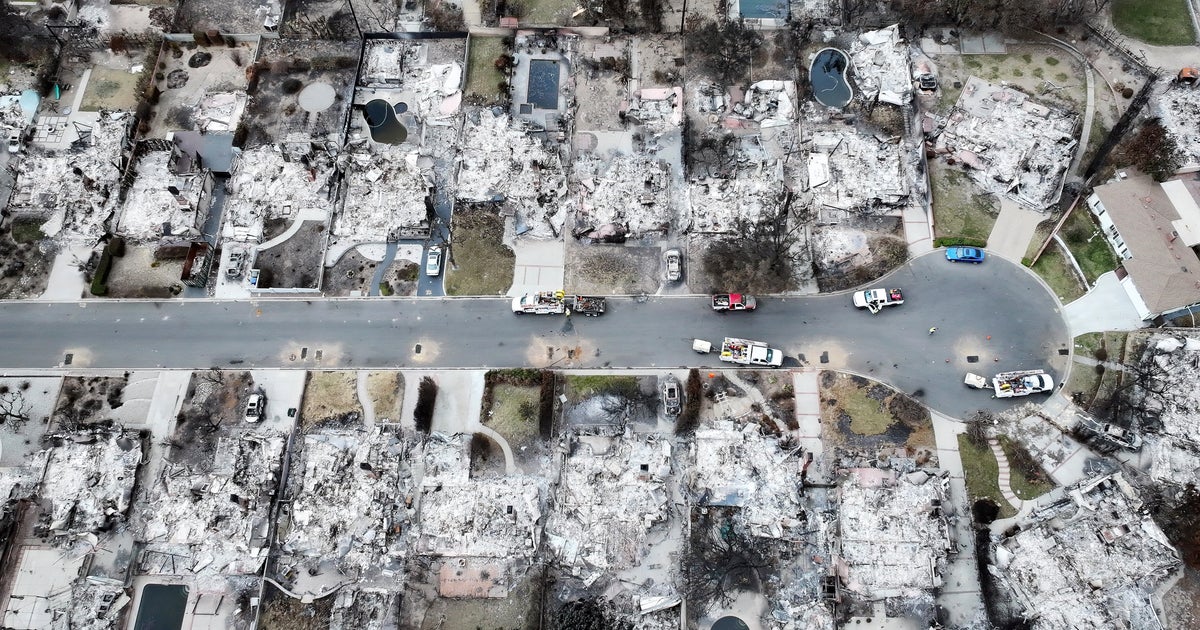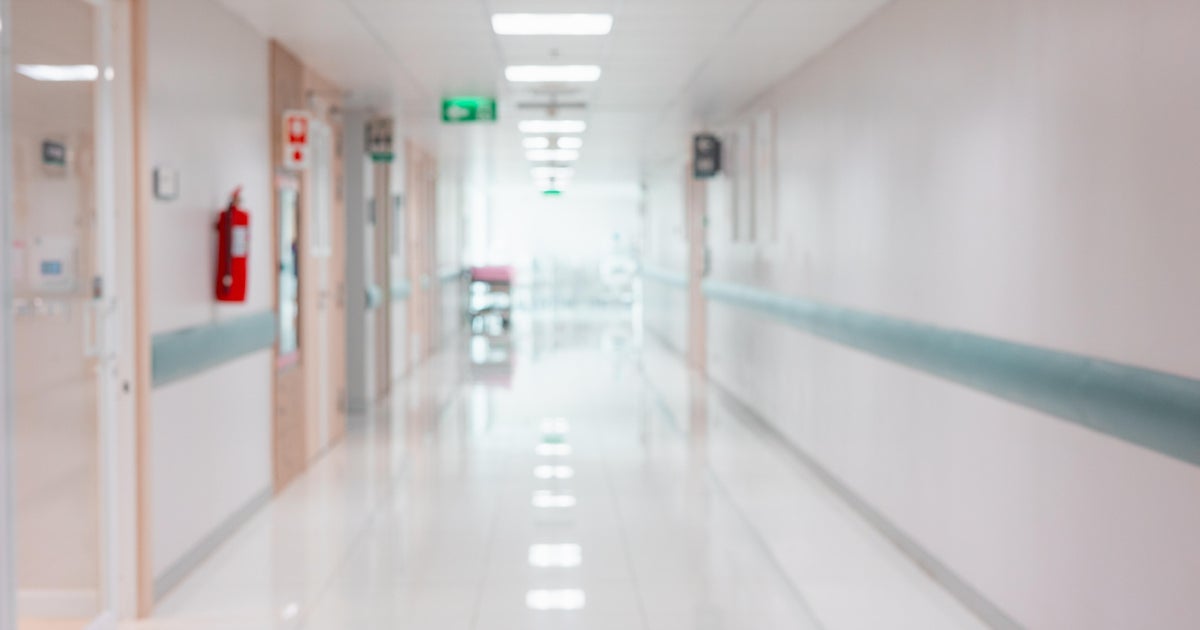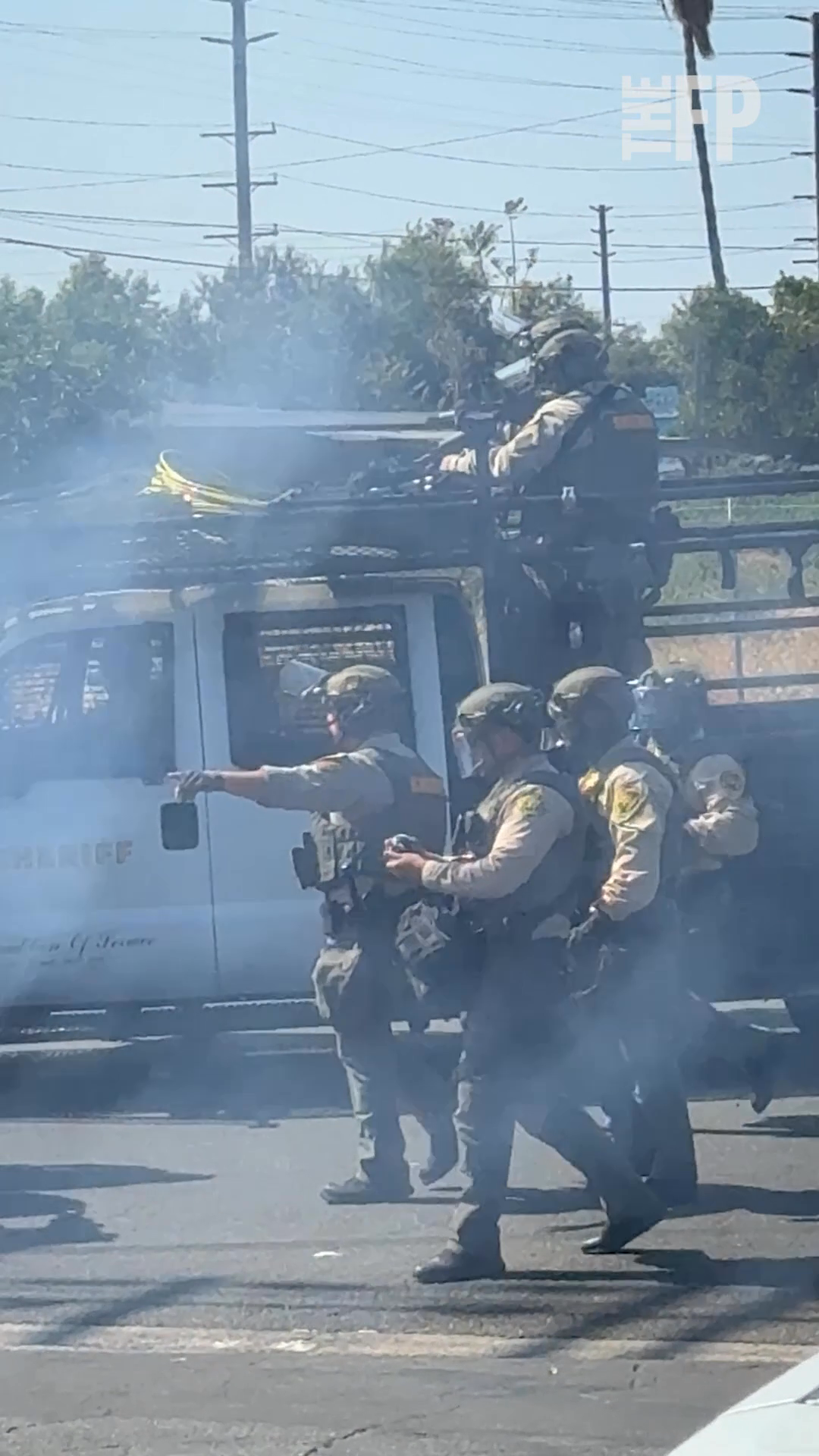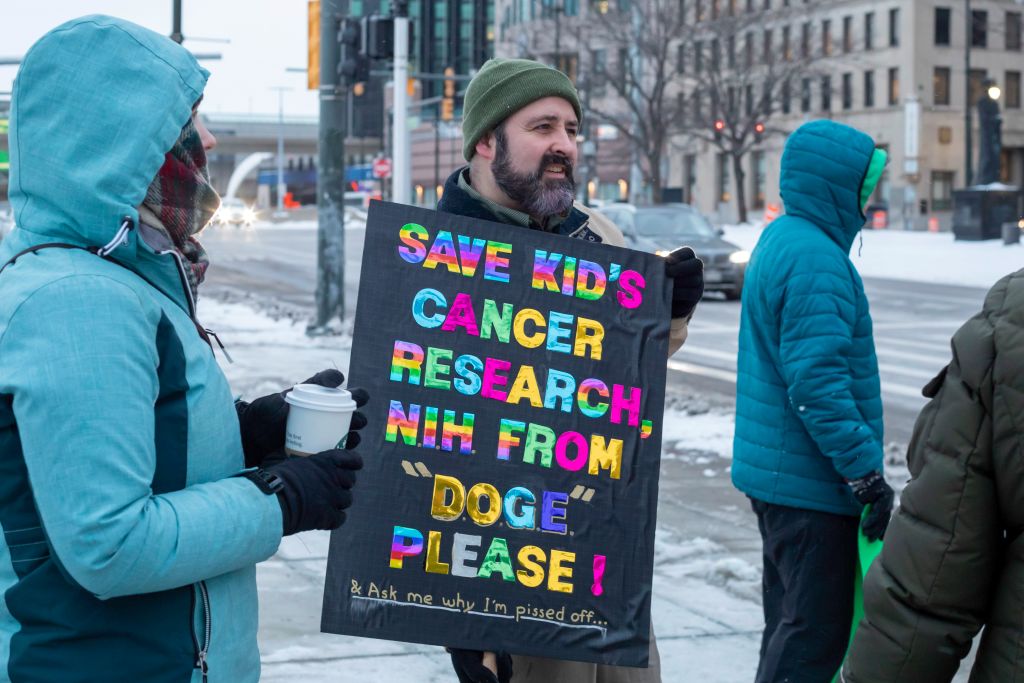"We need to not gather with people not in our immediate household," says L.A. public health director
The Los Angeles County public health director on Saturday warned residents that they "need to not gather with anyone not in our immediate household" as COVID-19 cases have surged and the holiday season continues. New restrictions for the county, the strictest in the state of California, are set to go into effect on Monday, November 30 and last until December 20.
"I understand everyone's frustration, but we are headed into the holiday season and more than anything we are longing to spend time with our friends and family," said Los Angeles County Public Health director Barbara Ferrer. "If we really care about each other and we care about those essential workers taking risks everyday to make sure we have food, water, healthcare and needed services, we need to not gather with people not in our immediate household, at least for the immediate future."
The new restrictions prohibit most public and private gatherings, except for faith based services and protests, which are constitutionally protected rights. Restaurants, bars, breweries and wineries remain closed for in-person dining and drinking. They can remain open for take-out and delivery services only.
On Friday, the five-day average number of new coronavirus cases in the county stood at 4,751. The public health department said Friday there were 24 new deaths reported and 4,544 new cases of COVID-19.
Recent data from the California Department of Health shows the state has reported more than 1,171,324 confirmed positive cases of COVID-19. Los Angeles County has confirmed 387,793 positive cases, with 7,604 deaths. The county also has a seven-day positivity rate of 6.9%.
Dr. Daisy Dodd, an infectious disease specialist with Kaiser Permanente, told CBS Los Angeles that these types of precautions will "definitely slow down the transmission of the virus."
She said the surge in new COVID-19 cases has strained healthcare providers in coronavirus units, emergency rooms and medical offices.
"This virus is not gonna go away," Dodd said. "We have to do what we have to do to protect ourselves and those around us."
Zoe Christen Jones contributed to this report.





